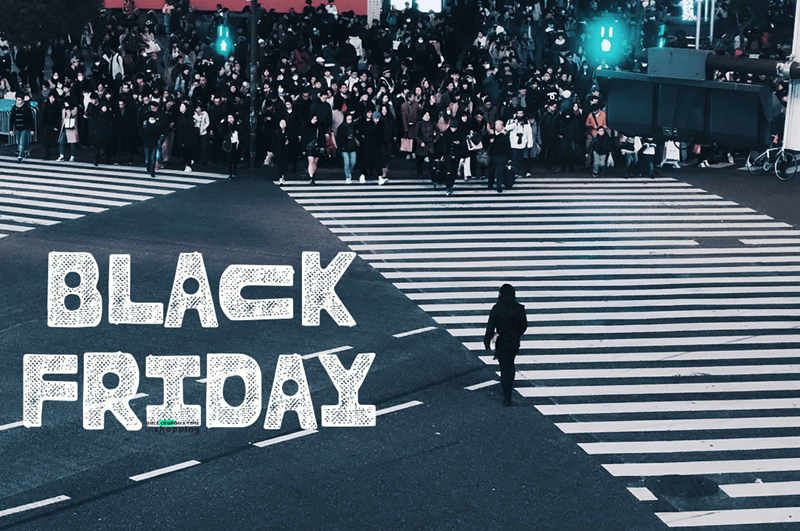
What is Black Friday 2025?
The story goes back to 1930s. Black Friday was introduced right after Thanksgiving in a bid to boost sales and revitalize the economy after the Great Depression. Black Friday has also been marked as the day people start shopping for Christmas.
It was only in the early 1960s that the name “Black Friday” was coined. Until the 1960s, the stores would be open from early morning to late at night. However, with massive deals being introduced, the stores and roads started to get much busier and congested. The day was named “Black Friday” to mark the occasion of great discounts and a massive shopping frenzy.
Black Friday was introduced to Canada and the UK later on. Nowadays, however, it has become a global shopping feast celebrated all around the world from Europe to China. Stores start Black Friday deals much earlier now, with exclusive deals that last more than a week. With the arrival of Cyber Monday, the Black Friday frenzy is also extended for a few more days.
What’s the Effect on Consumer Habits?
We have seen a recent increase in the number of Americans who prefer online shopping over brick & mortar stores. We now have access to more brands and a wider product range. Global marketing strategies have led to an increase in overall global consumption rates, changing our shopping habits drastically.
We now see more Black Friday deals online than in stores, which has led to a massive increase in online sales. For instance, according to a report by Adobe Analytics, which tracks 80 of the top 100 online retailers in the United States, the overall online Black Friday sales amounted to $622 billion in 2018, with an 23.6% increase compared to the previous year. The report also shows that there has been a massive increase in the number of customers who participated in Black Friday deals via their smartphones.
It is obvious that Black Friday has not only led to an overall increase in sales, it has also affected people’s online shopping habits. Online Black Friday deals have encouraged people to shop online to avoid the congestion in stores. People also prefer shopping online for Black Friday deals because they don’t have to worry about stocks, long lines at the checkout etc. Customers wait for Black Friday to make big purchases like laptops, smartphones, home appliances etc. because they know that they will get a good deal online. So, Black Friday deals have definitely changed the customer’s approach to online shopping.
A Competitive Shopping Event
It is always a good idea for customers to wait for a few months before they make an expensive purchase from a product category like consumer electronics. However, it is not that easy to keep our Black Friday shopping to a single logical purchase. When Black Friday deals start off, we not only buy the products we have been eyeing for a long time, we also buy other products that have a great discount. Even though we haven’t been planning on buying those products, the discount is so alluring that we fear we’ll miss out on this great deal if we don’t make a quick decision and buy the product.
Knowing that Black Friday deals have limitations in terms of time and stocks, we make impulse purchases. The countdown on the Black Friday offers leads to an adrenaline rush, which in turn increases the instant satisfaction we get from a purchase. Given that getting some good discounts has an –at least short-term– impact on human psychology, it is no wonder why Black Friday turns into a massive competition not only between stores but also between consumers. We find ourselves in a tiresome competition with other consumers and we want to be the one who’s got the best deals, which leads to impulse purchases and spending much more than we can afford to.
Black Friday to Continue During the Weekend
A one-day Black Friday can be tiring and difficult for stores and customers. There can be problems on online shopping platforms due to time limitations as well as the congestion in stores. That’s why Black Friday deals have been extended to the whole weekend or sometimes the whole week for the last few years. Some stores are even getting ready to extend Black Friday deals to the month of November.













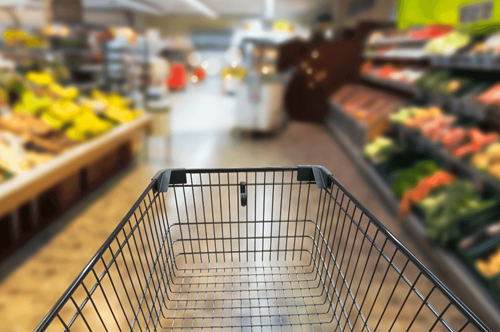



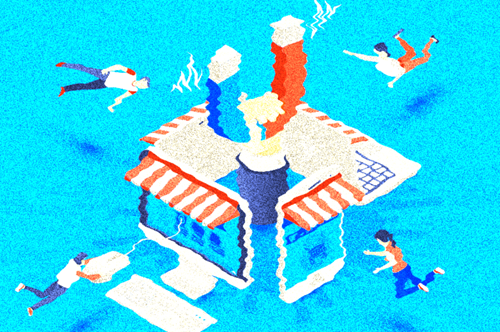





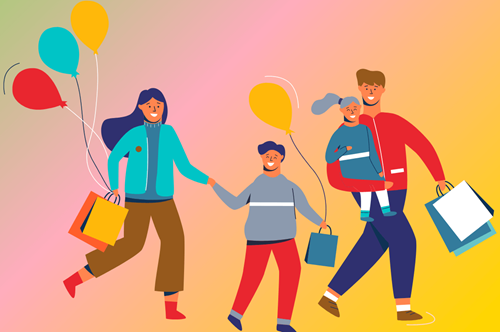

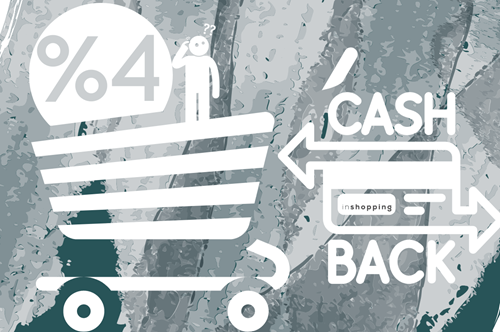

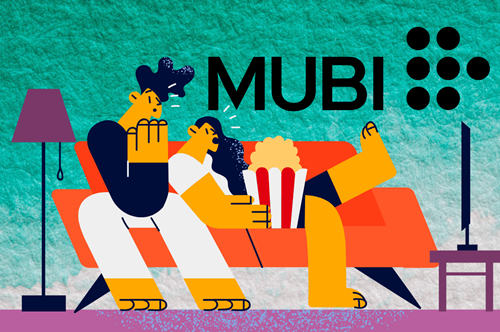

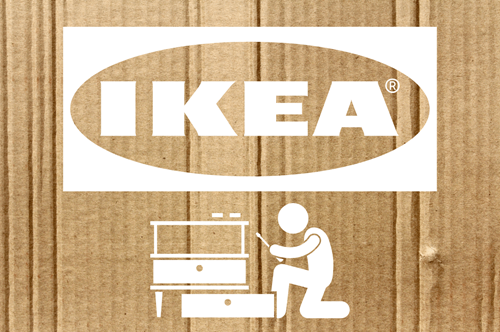

REVİEWS - 0 reviews